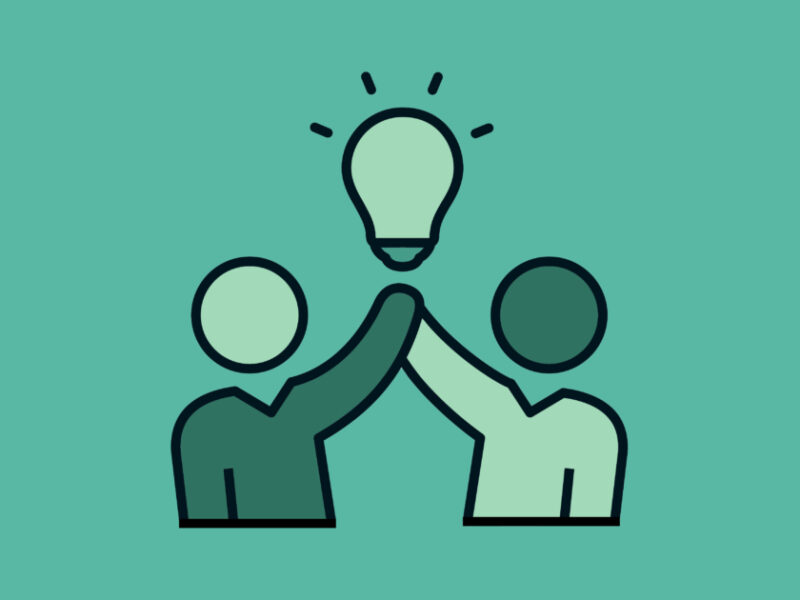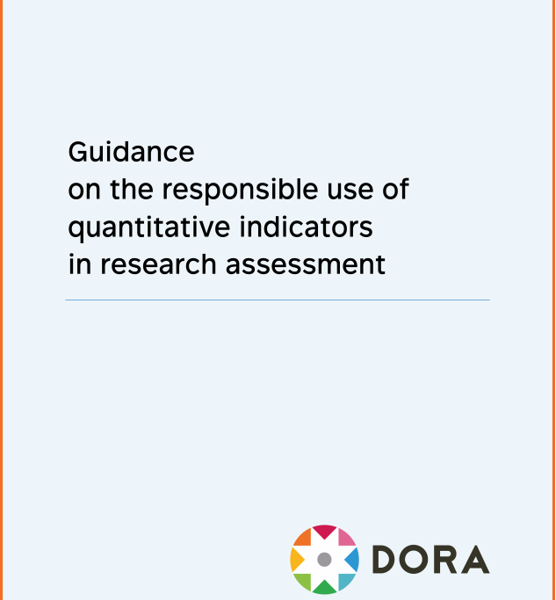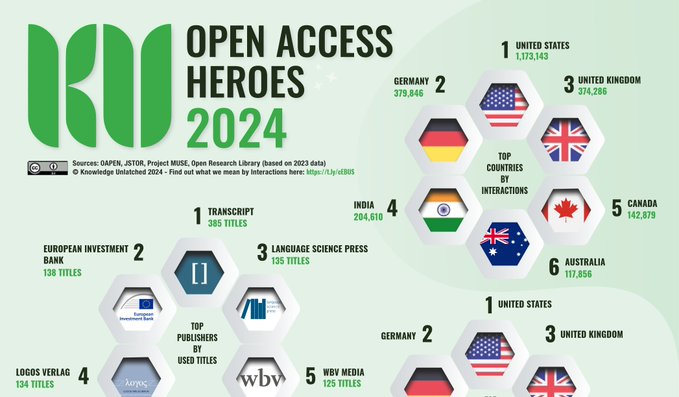The Power of Social Media in Making Science and Research Accessible to All
The Power of Social Media in Making Science and Research Accessible to All http://opusproject.eu/wp-content/themes/corpus/images/empty/thumbnail.jpg 150 150 Open and Universal Science (OPUS) Project Open and Universal Science (OPUS) Project http://opusproject.eu/wp-content/themes/corpus/images/empty/thumbnail.jpgIn a world where information is at our fingertips, social media has emerged as a powerful tool that transcends borders and brings people together. Beyond its role in connecting friends and sharing memes, social media has become a game-changer in the realm of science and research, making these complex topics more accessible and open to everyone.
Breaking Down Barriers
Traditionally, scientific knowledge was confined to academic journals and conferences, creating a barrier between researchers and the general public. Social media has shattered these barriers, allowing scientists to communicate directly with a global audience. Platforms like Twitter, Facebook, and Instagram provide researchers with the opportunity to share their work, discoveries, and insights in a language that everyone can understand.
Connecting Scientists and Enthusiasts
Social media acts as a virtual bridge, connecting scientists with science enthusiasts, students, and curious minds from all walks of life. This direct interaction fosters a sense of community, encouraging conversations and collaborations that might not have been possible otherwise. The exchange of ideas becomes a two-way street, benefiting both researchers and the public.
Real-Time Updates and Engagement
One of the remarkable aspects of social media is its real-time nature. Researchers can share updates on their experiments, findings, and breakthroughs as they happen. This instant dissemination of information not only keeps the public informed but also allows for immediate feedback and discussion. The ability to engage with an audience in real-time promotes a more dynamic and interactive scientific community.
Educational Opportunities
Social media serves as an educational platform, offering bite-sized, easily digestible information about complex scientific concepts. Scientists can use visuals, videos, and infographics to simplify their research, making it more engaging and understandable for a broader audience. This democratization of knowledge helps break down the misconception that science is only for the elite few.
Crowdsourcing and Citizen Science
Through social media, researchers can tap into the collective intelligence of the online community. Crowdsourcing initiatives and citizen science projects leverage the power of social networks to gather data, conduct experiments, and solve scientific challenges. This collaborative approach not only accelerates the pace of research but also involves the public directly in the scientific process.
Global Advocacy and Awareness
Social media provides a platform for scientists to advocate for their fields and raise awareness about critical issues. Researchers can share insights on topics like climate change, public health, and emerging technologies, sparking conversations and encouraging collective action. This global outreach fosters a sense of shared responsibility for scientific advancements and the challenges they bring.
Challenges and Ethical Considerations
While the power of social media in science communication is undeniable, it comes with its own set of challenges. The spread of misinformation, the need for concise messaging, and the potential for sensationalism are all concerns that need to be addressed responsibly. Researchers must navigate the digital landscape with a commitment to accuracy and transparency.
Social media has transformed the landscape of science and research, making it more accessible, interactive, and inclusive. By breaking down barriers, connecting diverse communities, and fostering real-time engagement, social media has become a catalyst for a new era of open science. As we navigate this digital age, embracing the power of social media can pave the way for a more informed and scientifically literate society.
Photo via arrival
- Posted In:
- Open Science News




